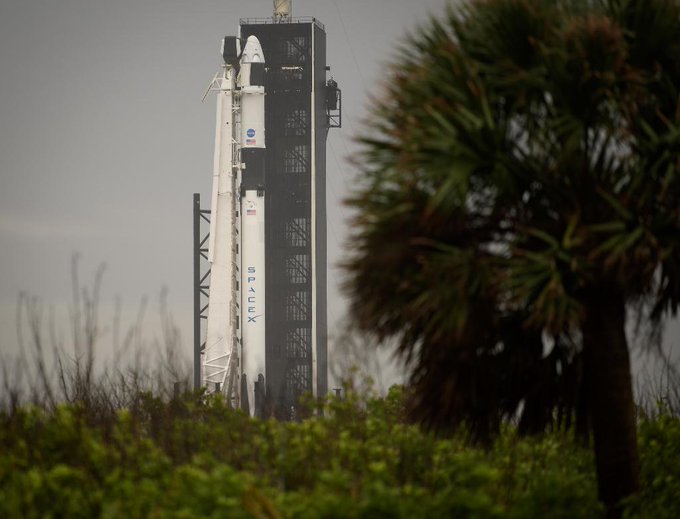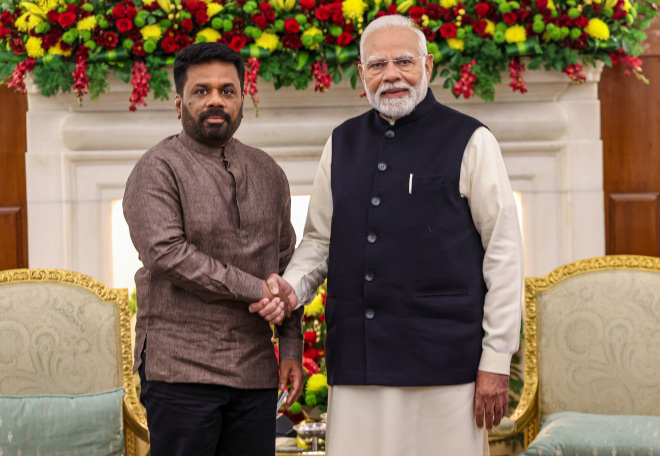CHENNAI (PTI): Defence Minister Rajnath Singh on Saturday said the country has "great scope" to become an indigenous ship-building hub, while pointing out that the Centre has introduced policies to help the domestic industry become world class.
In his address at an event to mark the commissioning of Indian Coast Guard Ship (ICGS) 'Vigraha,' the last of the seven Offshore Patrol Vessels (OPVs), in Chennai, Singh said in the next two years, the expenditure on security around the world will reach US$ 2.1 trillion.
"Most of countries do not even have this level of budget for a whole year. And it is expected to increase manifold in the next five years. In such a situation, today we have great scope to make full use of our capabilities, take advantage of policies, and move towards making the country an indigenous shipbuilding hub."
"I am happy to say that considering these possibilities, the government has already brought out such policies which helps our domestic industry, be it public or private sector entity, to become world class players," Singh said.
On ICGS Vigraha, he said "from its design conception to development, the ship is completely indigenous." Further, for the first time in the history of Indian defence, contract for not one or two, but seven vessels has been signed with a private sector company, Larsen and Toubro Limited, he noted.
"And more importantly, within seven years of signing this agreement in 2015, not only launch but also the commissioning of all these seven vessels has been completed today," he said.
The 98-meter vessel, with a complement of 11 officers and 110 sailors, has been designed and built indigenously by Larsen & Toubro Ship Building Limited.
It is fitted with advanced technology radars, navigation and communication equipment, sensors and machinery capable of operating in tropical sea conditions, a Defence statement said.
ICGS Vigraha can carry one twin-engine helicopter and four high-speed boats for boarding operation, search and rescue, law enforcement and maritime patrol.
The ship is also capable of carrying pollution response equipment to contain oil spill at sea, it said.
The vessel is armed with a 40/60 Bofors gun and fitted with two 12.7 mm Stabilised Remote Control Gun with fire control system, it said, adding the OPV will be based at Vishakhapatnam in Andhra Pradesh.
Be it the navigation system or communication equipment, sensors or other installed equipment, all these are not only going to meet the needs of today, but the future for a long time to come, Singh said.
Referring to the fact that the 'Advance Light Helicopter' manufactured by HAL can also be operated on this ship, Singh said it is a symbol of how the government, coast guard, and public and private sector together can protect the integrity and sovereignty of this country.
Vigraha, on the one hand, means free from any kind of bondage and on the other hand, "it has also been interpreted to mean the specific bondage of one's duty and obligations," Singh said.
"Ram is Ram because he is bound by his Dharma (duty).... it is my firm belief that this Vigraha of ours, completely free from the shackles of any kind of challenges, and having specific bonds of service and duties to the nation, will become a successful watchdog of the coastal borders of our country," he said.
With the inclusion of these state-of-the-art vessels, the capability of the Indian Coast Guard has increased tremendously and its growth journey which began with a modest 5-7 small boats, has today grown to over 20,000 active personnel, over 150 vessels, and a fleet of over 65 aircraft, the Union Minister said.
"Along with that, I have been told, most of the Coast Guard platforms are indigenous, which makes the journey much more fulfilling." "Along with increasing its capability, the coast guard is continuously enhancing the capability of our nation also. It is the result of this augmentation in the security capabilities that we have not suffered any terrorist accident by sea route since the 2008 Mumbai attack," he said.
He hailed the force' contribution to other countries.
During the fire on the heavy cargo tanker 'New Diamond' in 2020 and the cargo ship 'Express Pearl' this year, it had provided active and timely assistance to Sri Lanka, he said.
"Had you not done this, I think the consequences would have been unimaginable," Singh said.
He also recalled CG's assistance provided to Mauritius during the oil spill from the 'Wakashio' motor vessel "which was very commendable." "I am happy to note that in the last two years, in cooperation with our neighbouring countries, the Coast Guard has recovered goods worth more than Rs 10,000 crore, while dealing with smuggling activities," Singh noted.
Specific threats to maritime security--piracy, terrorism, illicit trafficking of arms and narcotics, human trafficking, illegal fishing and damage to environment-- are equally responsible for adversely affecting our maritime domain as they are anywhere else. Similarly, in today's inter-connected world, the activities going on in any part of the world inevitably have an impact on the other parts of the world.
"Today the world is changing very rapidly. Economic, political, and trade relations between countries are constantly fluctuating. Nothing can be said about the next news coming from another country. Obviously, our country cannot remain untouched by these developments. This applies all the more to a country like ours, being a nation whose interests are directly linked to the Indian Ocean," he said.
The Indian Ocean region, where more than two-thirds of the world's oil shipments take place, one-third of bulk cargo and more than half of container traffic, serves as a key route in achieving the world's own interests. "And as I just mentioned, today's changing world certainly impacts these areas as well. As such, we need to be vigilant at all times," Singh pointed out.
Chief of Army Staff, General MM Naravane, Coast Guard Director General K Natarajan and Tamil Nadu Industries Minister Thangam Thennarasu participated in the event.
India has great scope to become indigenous ship-building hub: Defence Minister
Article Posted on : - Aug 30, 2021
Other Related News
India, Sri Lanka decide to ramp up defence, energy, trade ties
India and Sri Lanka Monday adopted a futuristic vision to expand their partnership, resolved to soon conclude a defence cooperation pact and decided to ramp up energy ties by establishing electricity grid connectivity and multi-product petroleum pipelines.
 Previous Article
Previous Article Next Article
Next Article













The Indian Air Force, in its flight trials evaluation report submitted before the Defence Ministry l..
view articleAn insight into the Medium Multi-Role Combat Aircraft competition...
view articleSky enthusiasts can now spot the International Space Station (ISS) commanded by Indian-American astr..
view article